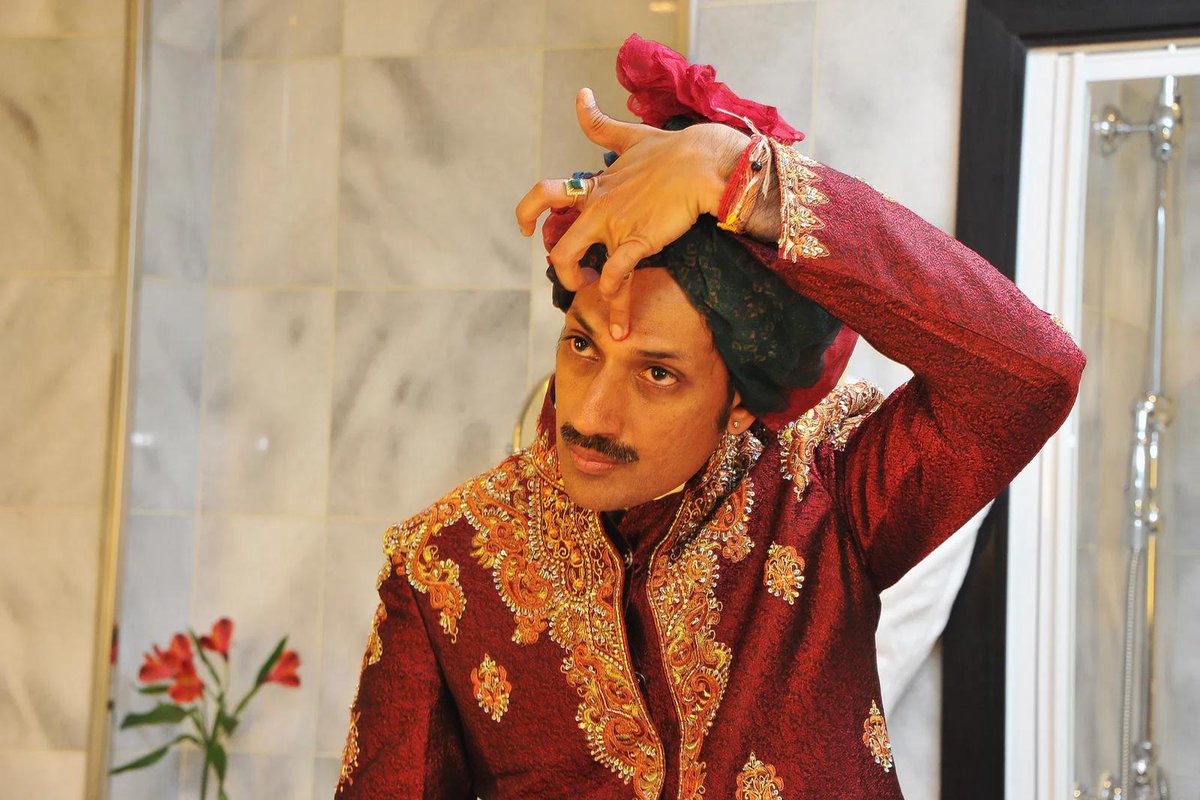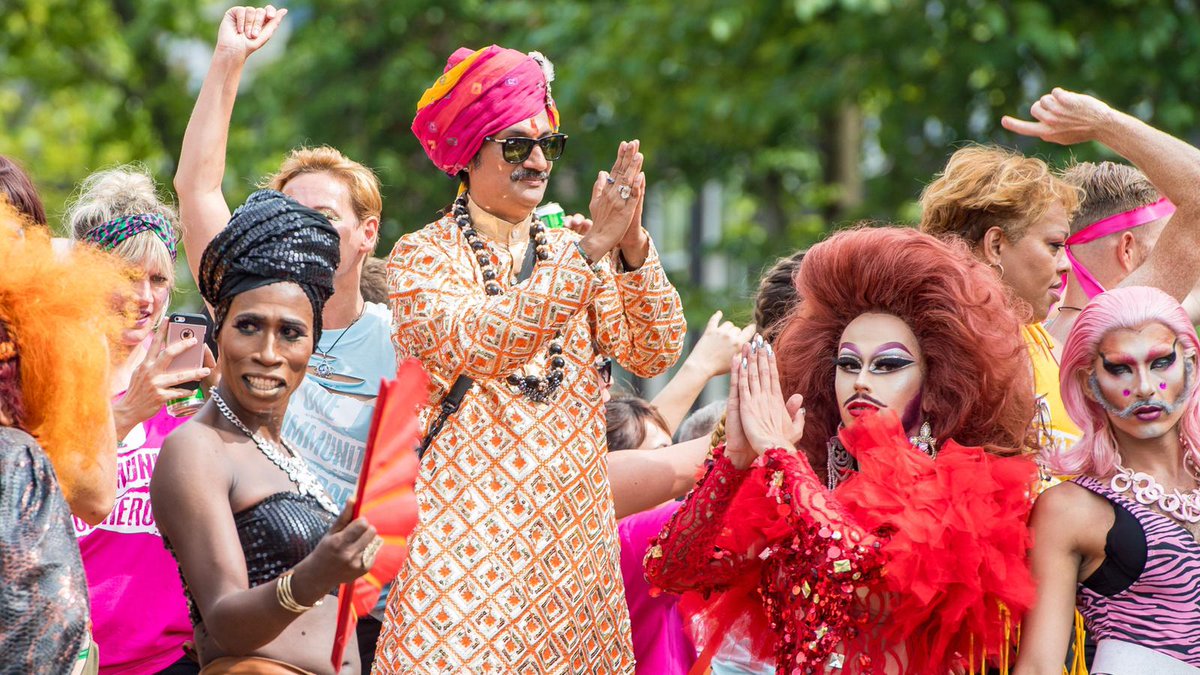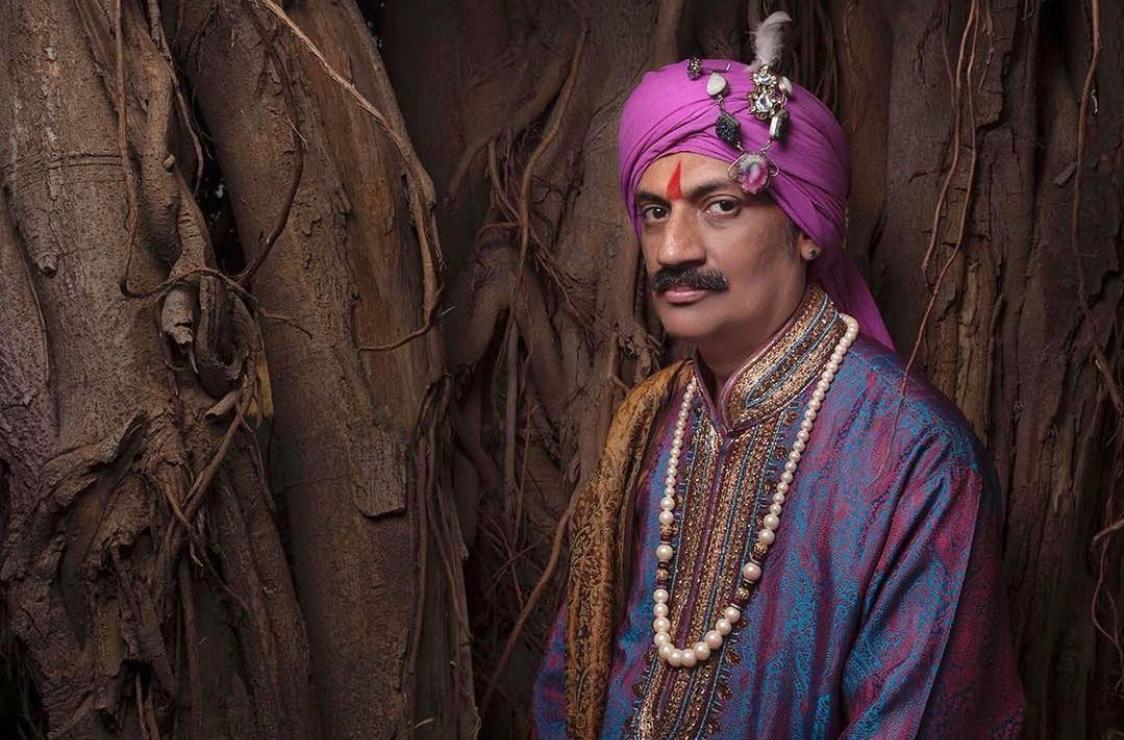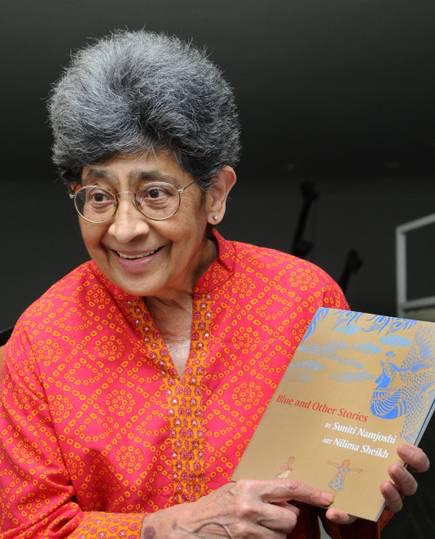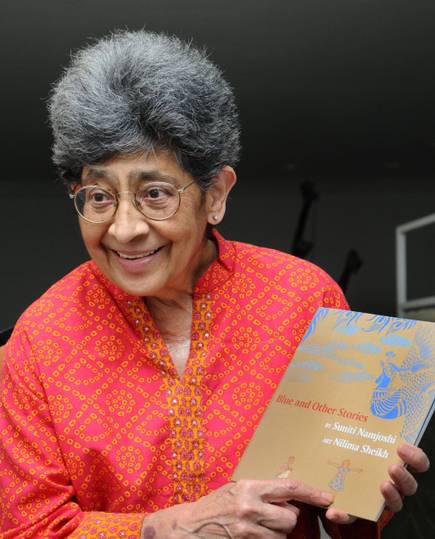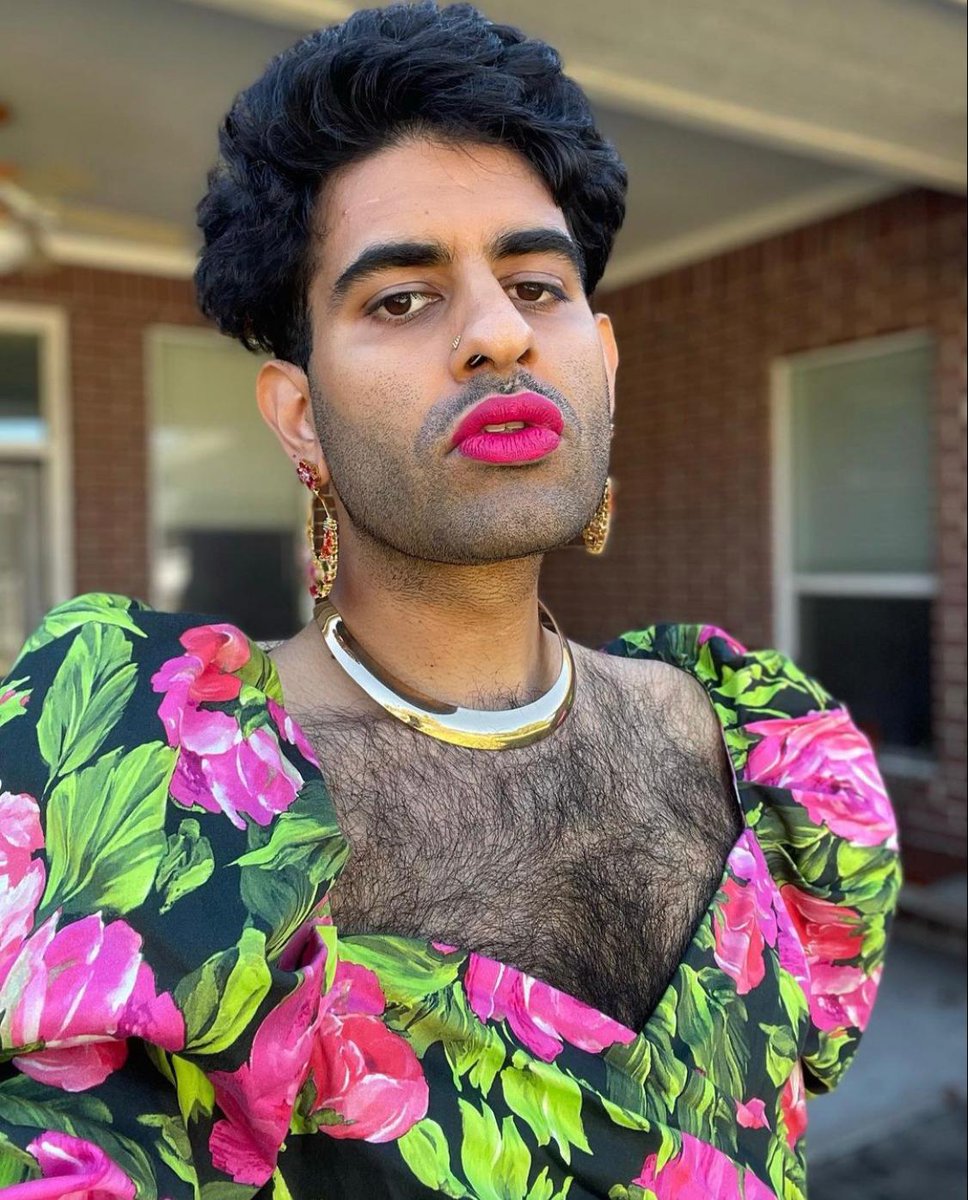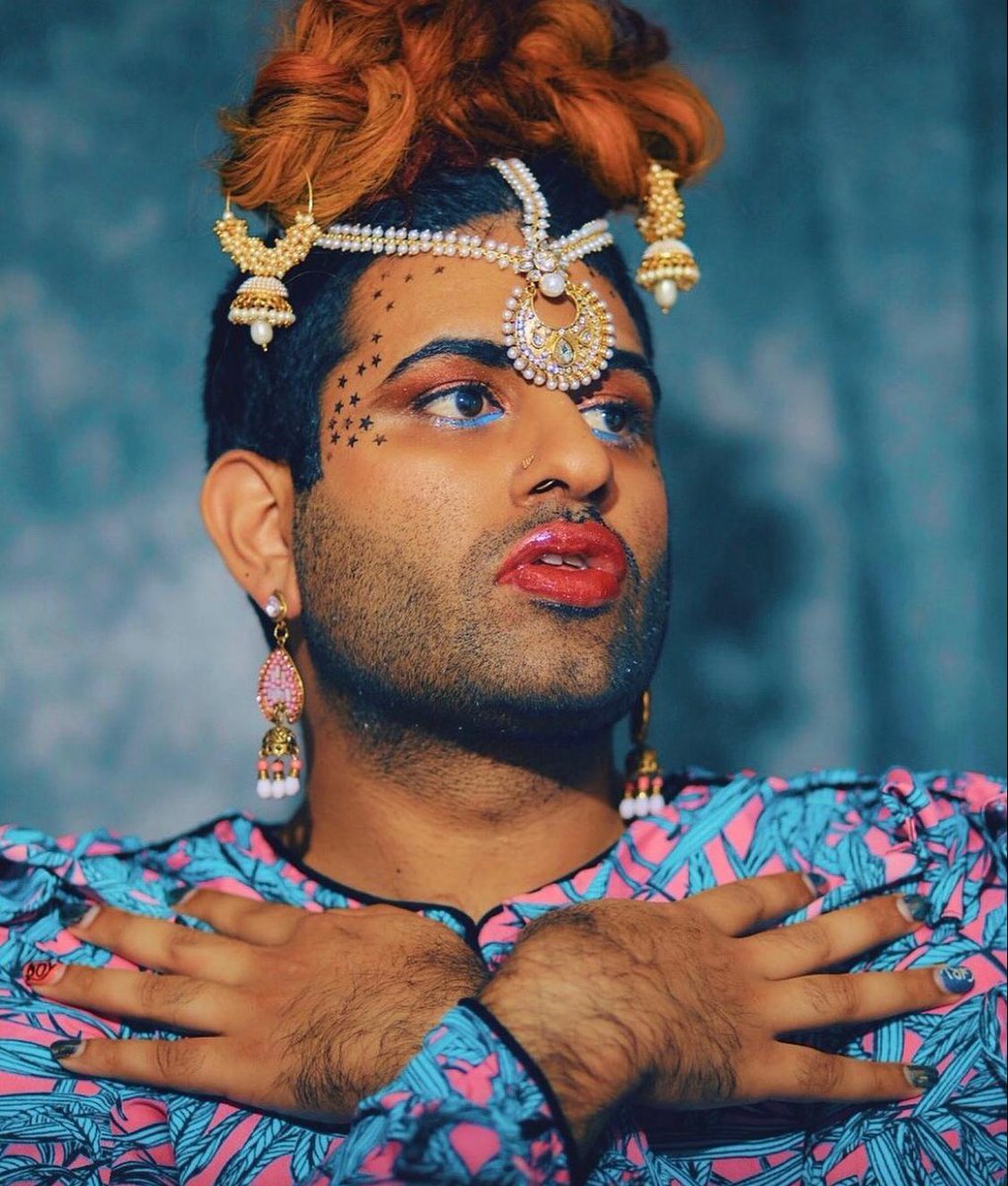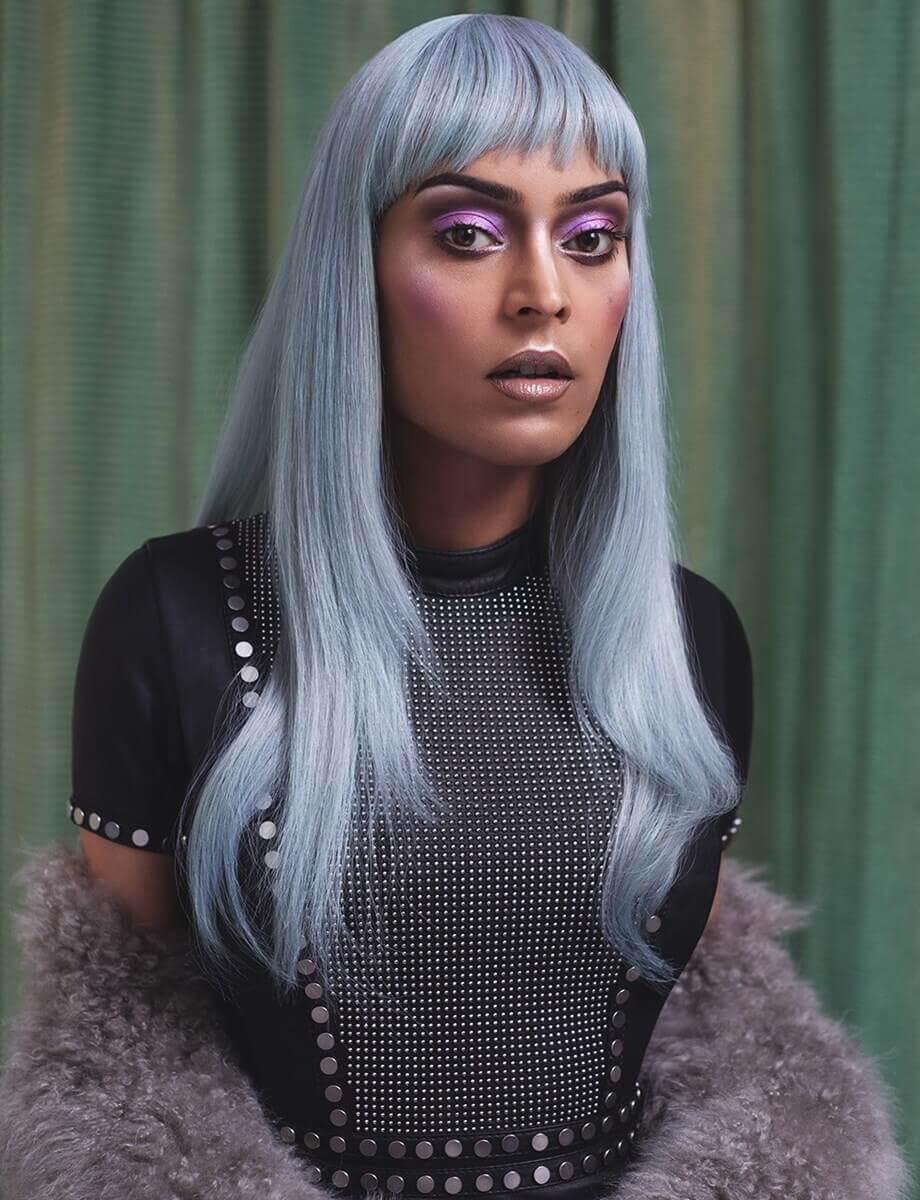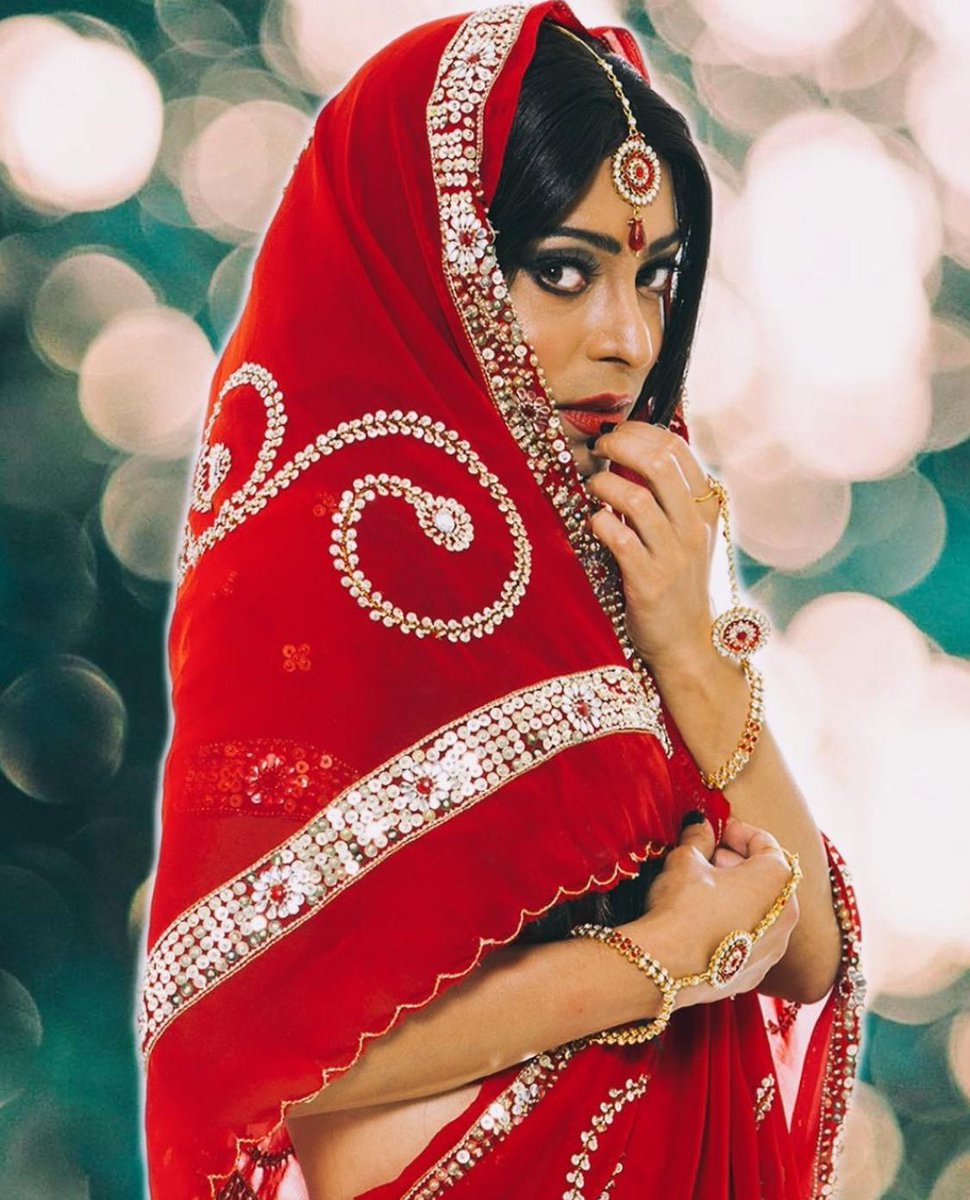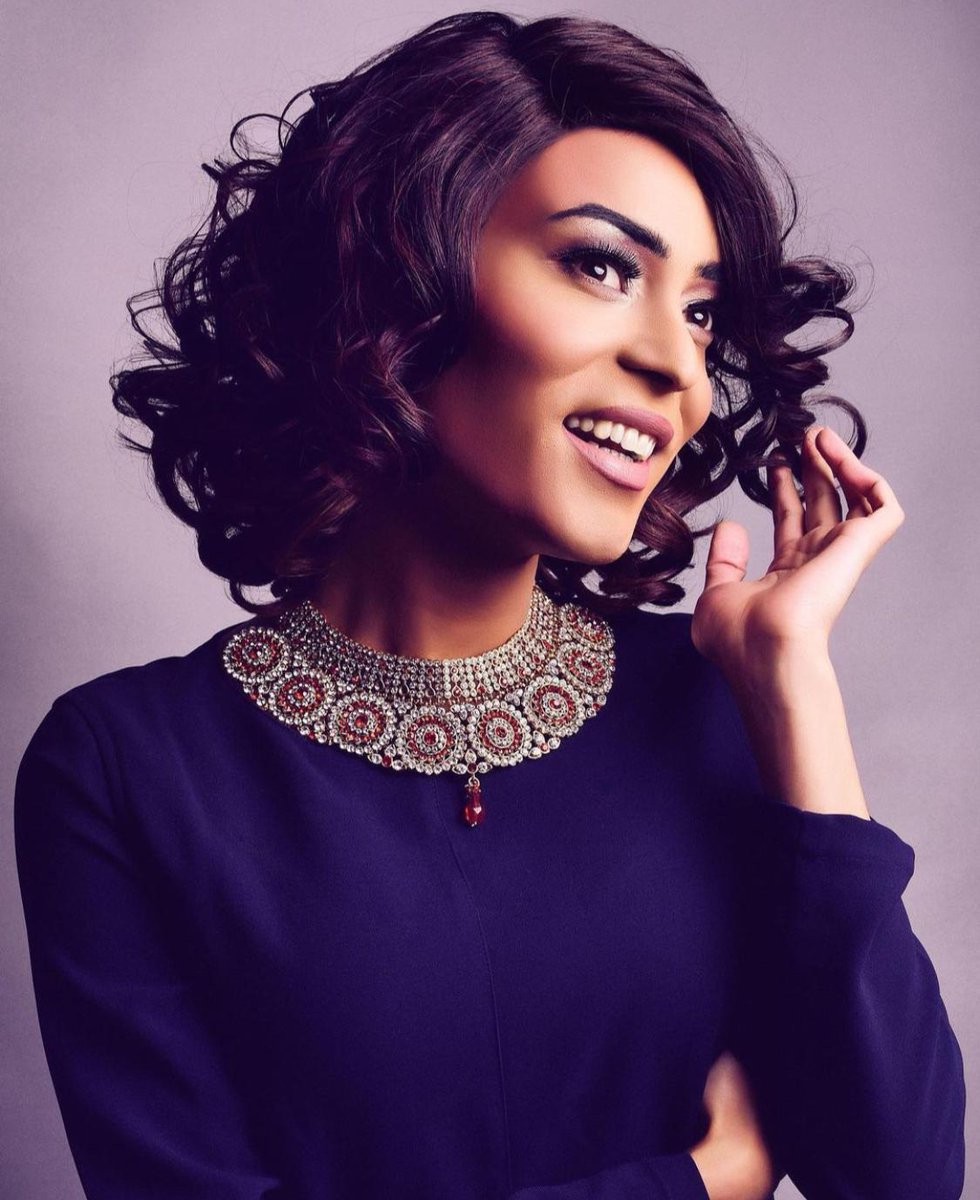Happy LGBT+ History Month 2021!
We will mark this informative & celebratory month in true gaysians style & platform people that we feel have made an impact in our community, throughout history and from around the world.
#LGBTHistoryMonth
#LGBTHM21
THREAD


We will mark this informative & celebratory month in true gaysians style & platform people that we feel have made an impact in our community, throughout history and from around the world.
#LGBTHistoryMonth

#LGBTHM21

THREAD



Today we start with Prince Mavendra Singh Gohil.
This Indian prince is the first openly gay prince in the world! Having experienced an arranged marriage and divorcing due to his sexuality he suffered with his mental health for many years until he was hospitalised.
This Indian prince is the first openly gay prince in the world! Having experienced an arranged marriage and divorcing due to his sexuality he suffered with his mental health for many years until he was hospitalised.
His sexuality was revealed to his parents who threatened disownment if he came out.
In 2005, a young journalist approached Mavendra and soon after, his coming out story was published. It made headlines and was featured in the press/tabloids across South Asia for weeks.
In 2005, a young journalist approached Mavendra and soon after, his coming out story was published. It made headlines and was featured in the press/tabloids across South Asia for weeks.
Statues of him were burnt down in his home town and people jeered and heckled him when he was out in public, his parents disowned him soon after.
The Prince has since gone on to appear on The Oprah Winfrey Show, he inaugurated Euro Pride in Stockholm...
The Prince has since gone on to appear on The Oprah Winfrey Show, he inaugurated Euro Pride in Stockholm...
...and even featured in a BBC Documentary-series where he spoke openly about the struggles of being South Asian, Queer and a member of Indian royalty.
As well as this, he founded the Lakshya Trust which is a group dedicated to HIV/AIDS education and prevention.
As well as this, he founded the Lakshya Trust which is a group dedicated to HIV/AIDS education and prevention.
They provide counselling services, sexual health clinics and sexual health services, as well as creating employment opportunities for queer people and supporting other organisations in the same field.
In 2018, Mavendra opened up his palace to help house vulnerable LGBTQ+ People who have been left with nothing after being disowned from their families due to their identity.
He continues to support and work with supporting LGBTQ+ communities in India along with his husband, who has since been given the title of Duke of Hanumanteshwar by his father-in-law.
In today's post for #LGBTHM21  we're centring esteemed writer and lesbian-feminist, Suniti Namjoshi.
we're centring esteemed writer and lesbian-feminist, Suniti Namjoshi.
After relocating from Mumbai to the US for university, Namjoshi became a teacher and lecturer in the 1970s and 1980s at the University of Toronto.
 we're centring esteemed writer and lesbian-feminist, Suniti Namjoshi.
we're centring esteemed writer and lesbian-feminist, Suniti Namjoshi.After relocating from Mumbai to the US for university, Namjoshi became a teacher and lecturer in the 1970s and 1980s at the University of Toronto.
It was at this time that she also began to publish some of her groundbreaking women-focused works.
In 1981, she released "Feminist Fables", a reworking of traditional fairy tales and mythologies that highlighted the oppression, marginalisation and inequality women face...
In 1981, she released "Feminist Fables", a reworking of traditional fairy tales and mythologies that highlighted the oppression, marginalisation and inequality women face...
both in fiction and real life. Her celebrated work spoke with power through the lens of lesbian-feminism.
It was published by Sheba Press, who published the work of Black and Asian women—which was still deemed a radical concept in the 1980s.
It was published by Sheba Press, who published the work of Black and Asian women—which was still deemed a radical concept in the 1980s.
It is, in part, due to this collaboration between Sheba and Namjoshi that her work was published so widely and gained the recognition it deserved.
“When lesbian-feminists were universally assumed to be white, and Indian women universally assumed to be heterosexual...
“When lesbian-feminists were universally assumed to be white, and Indian women universally assumed to be heterosexual...
Feminist Fables called into question this cosy compartmentalisation…. It can be seen in retrospect as a harbinger of the coming struggles over difference and diversity, which by the end of the decade had put paid to the myth of a unitary feminist identity.” - Kristen Hogan.
In 1987, she left her teaching job and began writing full time whilst also having an active focus on women's LGBTQ+ political movements.
Her work has not only been inclusive but equally focused on the intersectional parts of her identity which has in many ways foreshadowed the basis of today's feminism.
"If wanting a fairer, more decent society is being feminist, then I'm a feminist." - Suniti Namjoshi
"If wanting a fairer, more decent society is being feminist, then I'm a feminist." - Suniti Namjoshi
Continuing our showcasing of incredible LGBTQ+ South Asian voices for #LGBTHM21  , today we're focusing on Alok Vaid-Menon ( @alokvmenon) who is a gender non-conforming South Asian-American writer, performance artist and activist.
, today we're focusing on Alok Vaid-Menon ( @alokvmenon) who is a gender non-conforming South Asian-American writer, performance artist and activist.
 , today we're focusing on Alok Vaid-Menon ( @alokvmenon) who is a gender non-conforming South Asian-American writer, performance artist and activist.
, today we're focusing on Alok Vaid-Menon ( @alokvmenon) who is a gender non-conforming South Asian-American writer, performance artist and activist.
Growing up as South Asian and queer in a predominantly white, conservative town in Texas, USA came with it's complications. Alok explains how they were made to feel foreign and unwelcome as well as being targeted by bullies for being different to everyone else around them.
Like many South Asian diasporic people, Alok's family relied on a tight-knit Indian community where they lived. However, Alok explains how this community was full of homophobia and transphobia, so they felt there was no one space where they could be themselves...
...saying "I had to erase some part of me to make other people more comfortable."
Vaid-Menon started to use their art to channel the pain and trauma they experienced, but also to have a space to be completely honest about who they are.
Vaid-Menon started to use their art to channel the pain and trauma they experienced, but also to have a space to be completely honest about who they are.
Their mixed-media art explores themes of gender, race, colonisation, trauma, trans and gender non-conforming violence as well as many other LGBTQ+ themes.
Their chapbook "Femme In Public" provided an insight into the resistance and violence gender non-conforming people experience in public. They also advocate for body diversity, gender neutrality as well as self love and determination.
Alok continuously challenges the rationalism that we all fit into reductive categories and rather displays the complexity of us all as individuals.
Their voice is so important in providing representation and licence to so many in our community to pave their own ways in how to express their identity
In today's post for #LGBTHM21  we want to highlight the incredible Asifa Lahore ( @AsifaLahore) - Britain's first out Muslim drag queen.
we want to highlight the incredible Asifa Lahore ( @AsifaLahore) - Britain's first out Muslim drag queen.
 we want to highlight the incredible Asifa Lahore ( @AsifaLahore) - Britain's first out Muslim drag queen.
we want to highlight the incredible Asifa Lahore ( @AsifaLahore) - Britain's first out Muslim drag queen.
Asifa has truly pushed the boundaries of what it means to be LGBTQ+, South Asian and Muslim.
After coming into the national spotlight for discussing Islam and Homosexuality on BBC Free Speech, she has gone on to feature in documentaries and win awards for her activism as well as having an illustrious drag career.
Asifa attributes her passage into activism to her frustration around the lack of visibility and representation in society for people like her. This galvanised her to stand up and be visible for all the intersectional identities she encompasses.
This journey in the spotlight has been deeply personal for her, one through which she discovered her trans identity. In 2017 when she publicly came out on YouTube...
...Asifa started a powerful conversation around trans identity in the South Asian and Muslim communities and considers this moment as one of momentous personal growth.
On the subject of growing up she says, "I used to think I was the only queer Muslim in the entire world... Racism is rife within the LGBTQ+ scene, as is an anti-faith rhetoric.
People have different experiences of being LGBTQ+, there are so many intersections of queer identities but for us... we felt we had to diminish our cultures"

 Read on Twitter
Read on Twitter